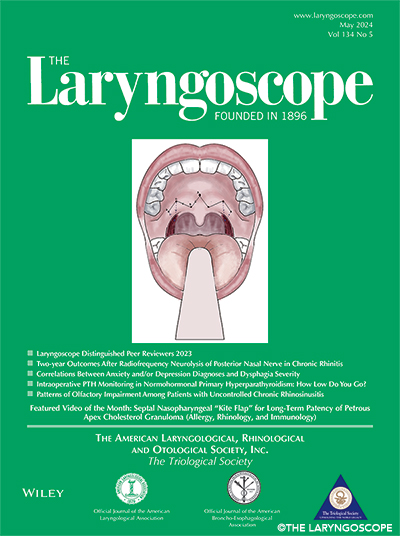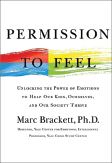Having a paper published in The Laryngoscope, the country’s oldest and largest otolaryngology peer-reviewed journal, is a goal and point of pride for researchers in the field of otolaryngology.


Having a paper published in The Laryngoscope, the country’s oldest and largest otolaryngology peer-reviewed journal, is a goal and point of pride for researchers in the field of otolaryngology.

A significant amount of medical training, at both the medical school and residency levels, occurs at larger academic hospital systems, however. This can make getting a firsthand view of private practice a challenge for physicians in training.

Over 44,000 Applicants and Nearly 6,400 Residency Programs Participate in Match Day 2024

Many otolaryngologists are going back to school mid-career to pursue advanced degrees that teach topics applicable to healthcare that aren’t covered in medical school, allow surgeons to expand their knowledge base and skill sets, improve job satisfaction, and support career advancement.




Today’s residency programs are developing recruitment tools with an eye toward achieving high-performing residency classes whose trainees are a suitable fit for their programs’ culture and mission.


We asked some otolaryngologists to share books off their reading lists. Here’s what they recommended.